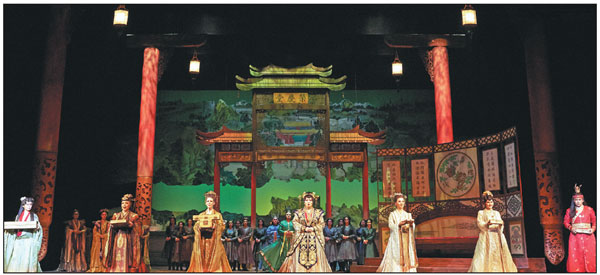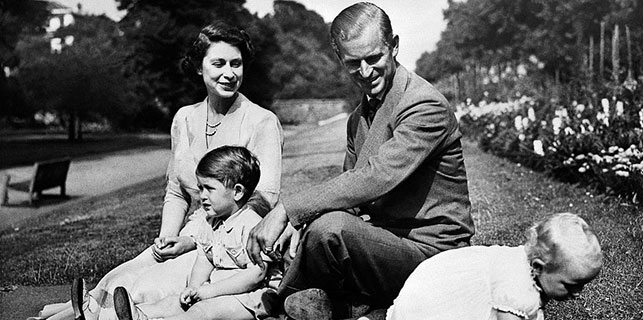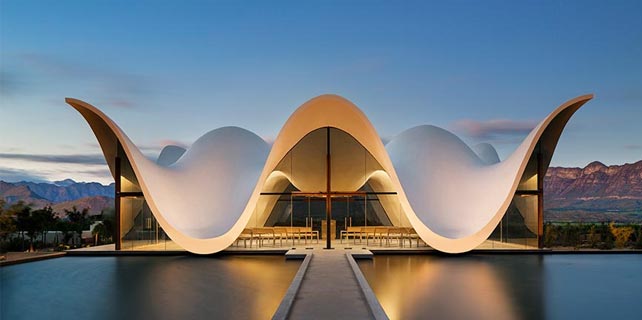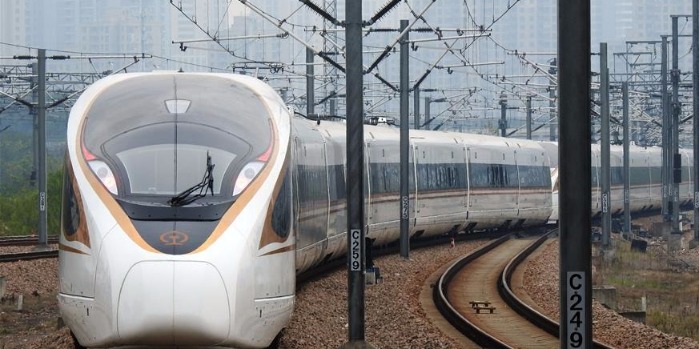Chinese classic going strong as opera
After successful staging in China of Dream of the Red Chamber, Canadian impresario plans to take it on a major tour of Europe. Andrew Moody reports.
As a Canadian classical music impresario, Wray Armstrong might cut an unlikely figure in the projection of China's soft power.
The 67-year-old, however, was the man behind the recent hugely successful staging in China of Dream of the Red Chamber, based on the classic Chinese novel.
And he plans to take it on a major tour of Europe in the summer of 2019.
He believes it is the sort of project that fits into the message about the importance of promoting Chinese culture sent out by President Xi Jinping in his report to the 19th National Congress of the Communist Party of China in October.
"President Xi has been very strong about culture and soft power, and following on from the congress we are looking at taking it to Europe," he says.
Armstrong, an imposingly tall figure, was sitting behind an enormous desk in his new office at the North Pingod Arts Community in Beijing.
The table is made out of a 100-year-old Chinese country house door, which is now encased in toughened glass.
"I had it made by a carpenter in the Gaobeidian district of Beijing where we get a lot of our props for historical dramas. They had to put it together in my office. It is a bit of an artistic statement," he laughs.
Armstrong is chairman of Armstrong Music and Arts, which he founded in the Chinese capital in 2009.
He represents a number of the world's leading classical music artists, including the Polish composer and conductor Krzyszt Penderecki, the pianist Helene Grimaud and violinist Joshua Bell. He also represented the Czech conductor Jiri Belohlavek until his death earlier this year.
Staging Dream of the Red Chamber in China though was his biggest success so far.
The production of the opera, composed by Chinese-American Bright Sheng and with a libretto by Sheng and Chinese-American scriptwriter David Henry Hwang, is not Chinese but that of the San Francisco Opera.
"It wasn't produced for the China market but by San Francisco Opera, which has a strong commissioning program and tends to commission something by a Chinese artist every five years or so.
"Its board of directors really hoped it would come to China and we were one of two or three agencies who bid on the project."
There were six performances in total, two each in Beijing, Wuhan and Changsha. The first performance at the last venue marked the opening of the Changsha Meixi Lake International Culture and Arts Center designed by the late British architect Zaha Hadid.
"In Changsha the acoustics were brilliant and the look is completely different and wonderful. The center looks like orchid blossoms when seen from above," he says.
Although it was a US production, many of the artists had to be hired in China.
"The San Francisco orchestra was in season and they don't have a double orchestra or chorus like, say, Vienna (Philharmonic and State Opera). So we auditioned with the composer and hired the best young Chinese singers. They had all trained in London or worked in Berlin," he says.
All the performances were a sell-out with Wuhan's being broadcast on local television; and now Armstrong is looking to stage the opera in Shanghai next year before heading for Europe the following year.
"If we could do between six and 10 centers that would be unbelievable. We would like to do the music festivals in Berlin and Amsterdam, the Proms in London, although the Royal Albert Hall (the main Proms venue) is not an opera house, and maybe the Edinburgh Festival and the Proms in Warsaw," he says.
He says San Francisco Opera prefers his company to stage a European tour even though it is outside China.
"They know and we also know it would require an incredible fund-raising effort, which would be easier inside China than organized from San Francisco. Both the Chinese Central Opera and the Hangzhou Philharmonic would be very interested in cooperating with us and we hope we might get some government support."
Armstrong was brought up in a musical family in the Canadian province of Saskatchewan. His mother was a good amateur pianist and his father played an accordion and had a traditional dance band.
He studied languages at university and went on to be a translator for the Federal Translation Bureau in Ottawa.
"On the third day of the job as a translator I knew it wasn't going to work - just translating what people said with no viewpoint."
In the late 1970s he managed to get the job of assistant manager at the Toronto Symphony Orchestra, where he eventually became managing director working alongside musical director Andrew Davis, now best known for his association with the Proms in London.
In the early 1990s, he became managing director of the London operations for the leading US arts management company ICM Artists, where he worked with Isaac Stern, who had made the film Mao to Mozart about classical music returning to China after the "cultural revolution" (1966-76).
In 1999, he moved to IMG Artists, where he headed up the key classical music projects at the Beijing Olympics.
He has had a close working relationship with the famous Chinese conductor Yu Long since the late 1990s and was an adviser and consultant to the Beijing Music Festival.
It was when IMG wanted to set up a Beijing office that he decided to go it alone and set up his own agency.
"I had a serious discussion with the head of IMG and decided I wouldn't work for him and that I would work for myself. They wanted me to operate here how the New York office thought and that just wasn't right for China," he says.
Moving to China was a bold move for someone who was already in his late 50s but it has proved successful.
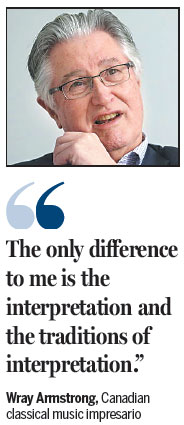
"What was important was to have Chinese business partners who know how to deal with Chinese business people. In the first few years I had a lot to learn," he says.
Bringing top orchestras to China can be a logistical nightmare, transporting artists and their instruments.
"The maestro always travels first class and the players in the top orchestras business class. This often means they have to travel over two days because there is not enough room for them all in the business class of a single airliner," he says.
He believes Chinese orchestras are now bridging the talent gap between themselves and major Western orchestras as Japanese orchestras have succeeded in doing.
"Chinese orchestras are doing rather well now. For them to be the equivalent of the Berlin or Czech Philharmonic we are probably still looking at 20 years from now," he says.
"The actual playing talent is strong everywhere. The only difference to me is the interpretation and the traditions of interpretation."
He says China suffers also from something of a brain drain of its musicians.
"Many Chinese youngsters go to the Curtis (Institute of Music in Philadelphia) or the Juilliard (School in New York) or the Royal Academy of Music in London and don't come back. There are top Chinese players in the Berlin and the New York philharmonic orchestras."
Armstrong says he continues to be impressed by the range of the sheer number of music events across China.
"There is an incredible range of orchestras, chamber music, dance and also musicals being brought here right across China. It is very exciting to be part of it all."
Contact the writer at andrewmoody@chinadaily.com.cn
|
Wray Armstrong (below) is the man behind the recent successful staging in China of Dream of the Red Chamber, a San Francisco Opera production based on the classic Chinese novel by the same name.Photos By Wang Jing / China Daily and Provided to China Daily |
(China Daily 11/24/2017 page18)




